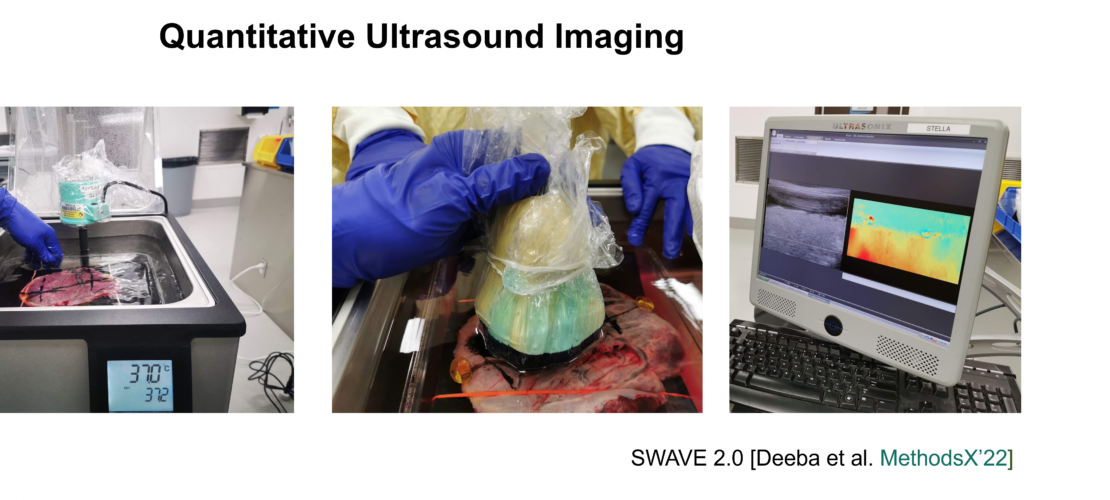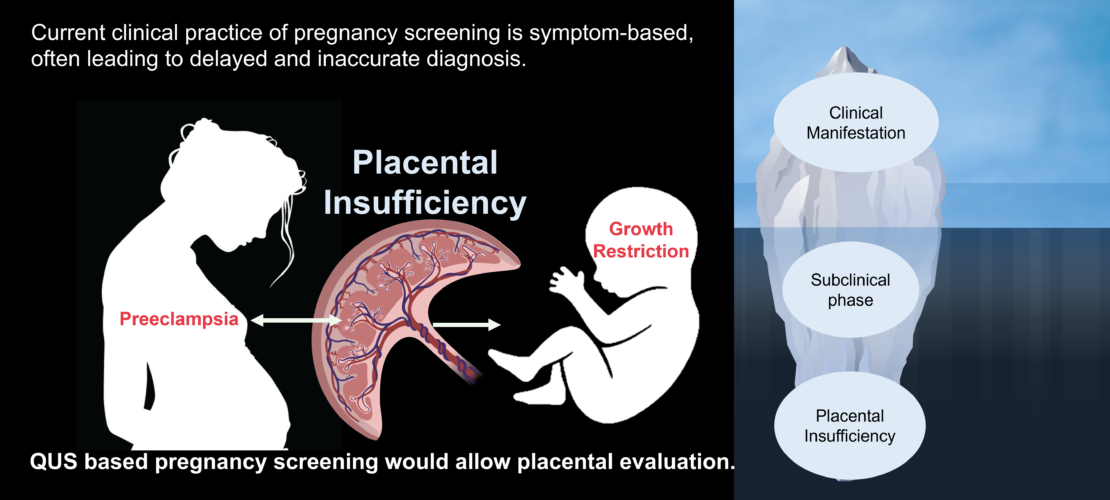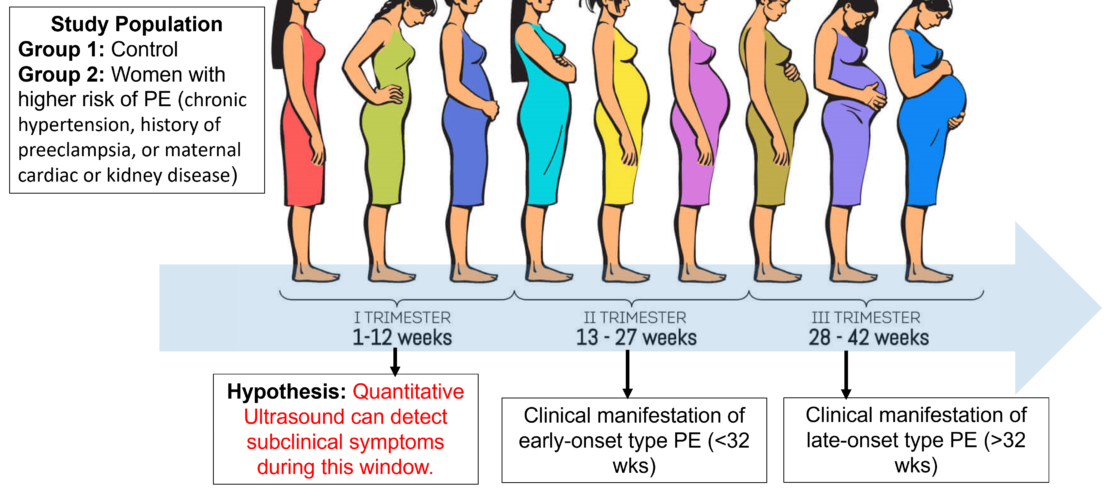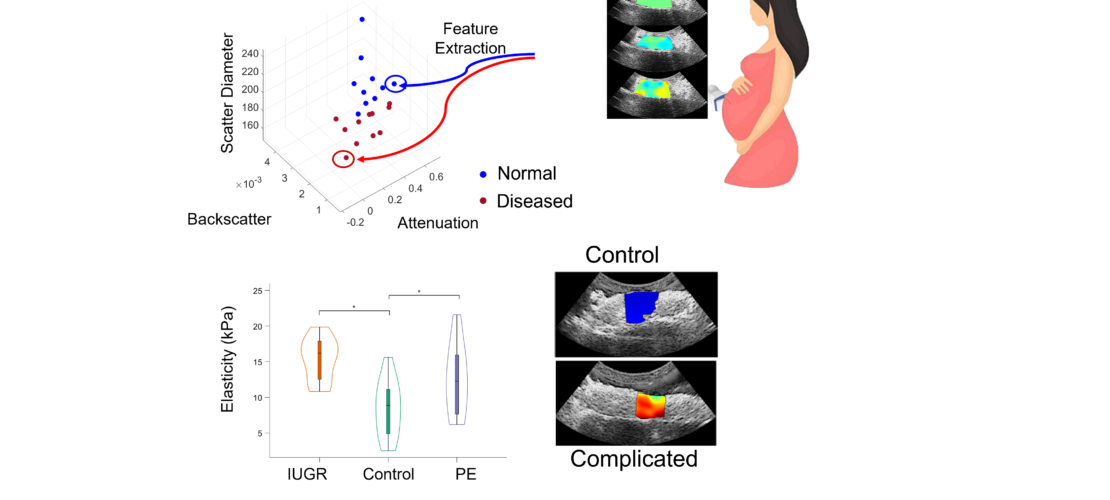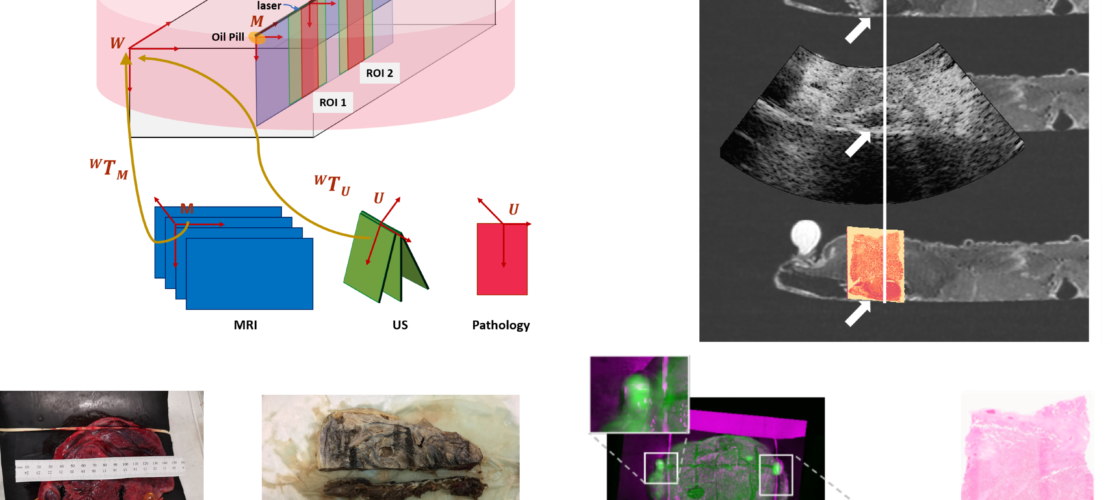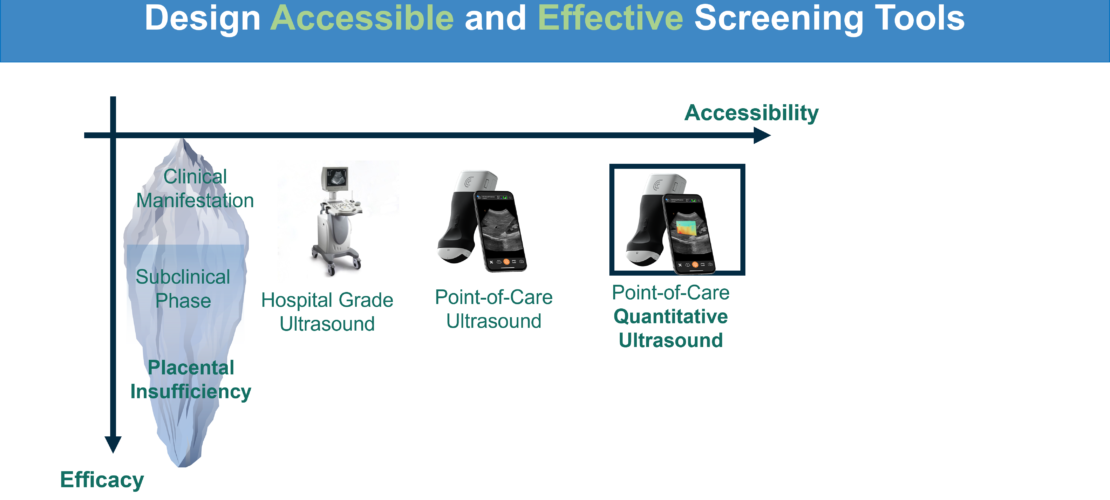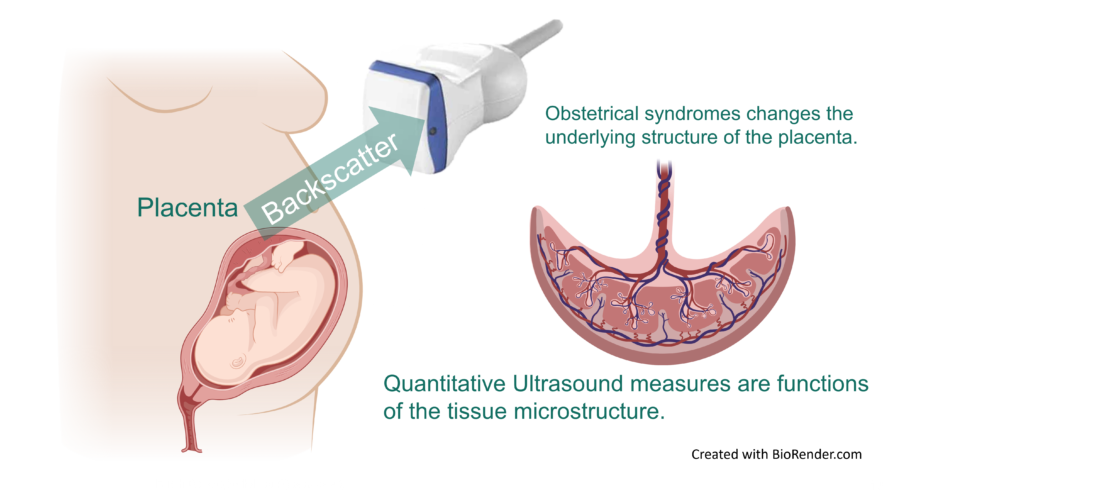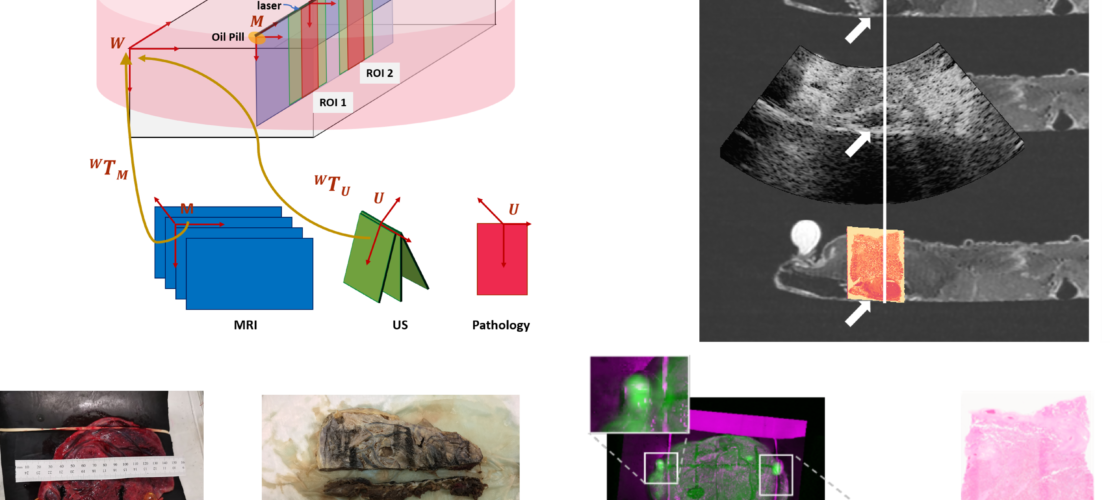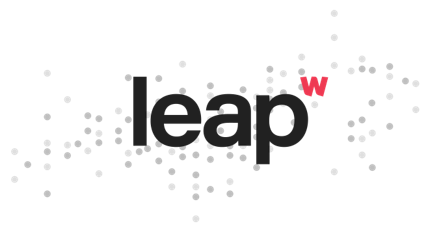The mission of the QUEST Lab, directed by Dr. Farah Deeba, is to identify non-invasive imaging biomarkers as a surrogate for the underlying pathophysiological processes for the early prediction and monitoring of diseases.
Ultrasound imaging checks all the boxes to become the next-generation imaging tool of choice. Ultrasound is safe (non-ionizing), accessible (low-cost, portable) and diagnostically useful. But there are major roadblocks too! Traditionally, ultrasound is qualitative and depends on user interpretation (experience level of the sonographer) and system settings (image quality in different ultrasound systems). The subjectivity of conventional ultrasound severely limits its potential for ubiquitous application in remote areas.
Additionally, conventional ultrasound is limited to imaging macroscale structures, which is clinically relevant for many applications. However, raw ultrasound data (often called radio-frequency or rf data) contain a tremendous amount of information regarding the microstructural (the dimension being proportional to the ultrasound wavelength) properties of the tissue, which is generally discarded during the post-processing in conventional ultrasound. Quantitative Ultrasound (QUS), contrary to its conventional counterpart, measures the microstructural tissue properties with sufficient accuracy and precision and enables the characterization of tissue types and differentiation between different pathological states.
At QUEST (Quantitative Ultrasound: Enhancing Soft Tissue imaging) lab, our research is centred on the identification and measurement of Quantitative Ultrasound parameters of the soft tissue, correlating the measures with pathological findings and clinical outcomes, and eventually understanding the pathophysiological processes leading to a particular disease phenotype. The objective is to develop non-invasive screening tools based on Quantitative Ultrasound to identify early signs of diseases and monitor the disease progression and therapeutic response. We collaborate closely with clinicians to acquire imaging data and understand the unmet clinical need for new screening tools. We work on the theoretical development of QUS algorithms using signal processing, optimization and deep learning techniques. We also investigate multimodal image acquisition, segmentation and registration to provide a basis for validating the QUS-based findings. For the applications, we are particularly interested in identifying quantitative ultrasound biomarkers of placental function and fetal wellbeing and predicting pregnancy outcomes.
Our research has received generous funding and support from the following sponsors:

